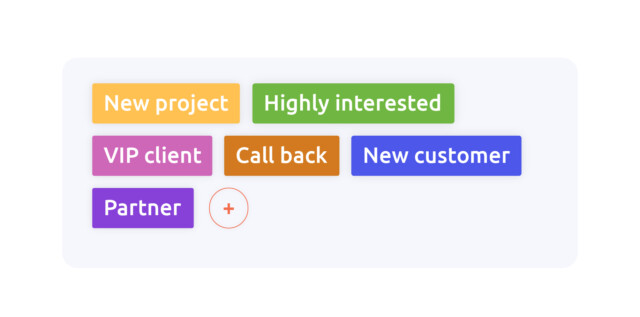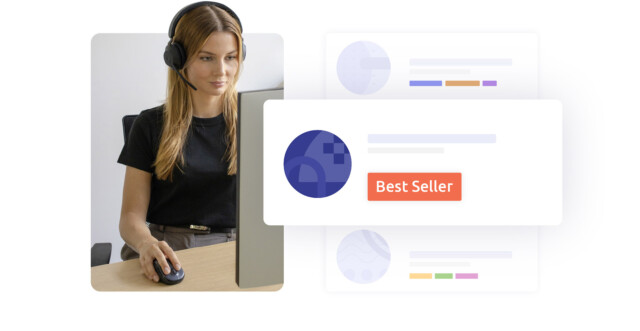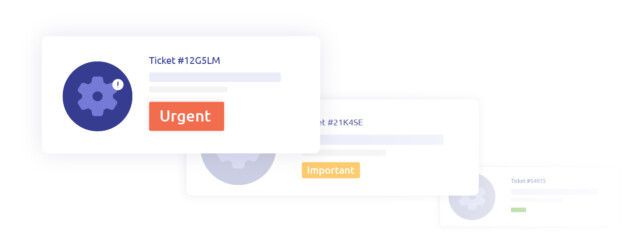Intelligent call tagging
Efficient call tagging enhances customer service by categorizing interactions, improving response times, and providing actionable insights.
What is call tagging?
Call tagging is the process of applying relevant keywords or categories to interactions with customers, allowing for efficient call management and analytical analysis. These tags allow companies to track trends, identify common problems, and improve their customer service strategies.
By labeling calls into categories like billing, technical support, or complaints, businesses gain valuable information that improves agent productivity and increases customer satisfaction rates.

The benefits of call tagging
Gather customer insights
Call tagging allows organizations to analyze trends and patterns, enabling them to identify common challenges and improve service initiatives. The approach promotes proactive issue resolution and enhances decision-making.

Improved processes and efficiency
With the categorization of calls, agents can prioritize urgent issues, route inquiries to the right departments, and retrieve relevant customer history faster. The process reduces response time and improves overall business efficiency.

The challenges of call tagging
Inconsistent tagging practices
If agents apply tags inconsistently, data analysis becomes less reliable. Standardized tagging protocols and automation help maintain accuracy.
Information overload
Too many tags or too much categorization can lead to ambiguity. A carefully planned tagging system ensures clarity and facilitates usability without overwhelming agents.
Uses of call tagging
Transforming call management with intelligent tagging
The use of smart call tagging automates classification, thus reducing the need for manual intervention and ensuring accuracy. AI-powered solutions suggest relevant tags based on the content of calls, helping businesses gain valuable insights without overwhelming agents.
With better call categorization, organizations can improve decision-making, customer service optimization, and overall efficiency.

FAQ
How does call tagging improve customer service?
It supports the categorization of conversations, allows the recognition of frequent concerns, and strengthens response approaches to improve the level of service.
Can call tagging be applied automatically?
Yes, AI-powered systems can automatically suggest or apply tags based on conversation content.
Which kinds of tags are commonly used?
Tags are generally classified into a few categories, which may include billing, technical support, complaints, product information, and follow-up communication.
How does call tagging support sales teams?
Provides complete insight into the needs and challenges of the clients, thus helping sales professionals improve their skills.
Is call tagging useful for compliance?
Yes, it ensures accurate book-keeping and allows organizations to monitor compliance with regulatory needs.